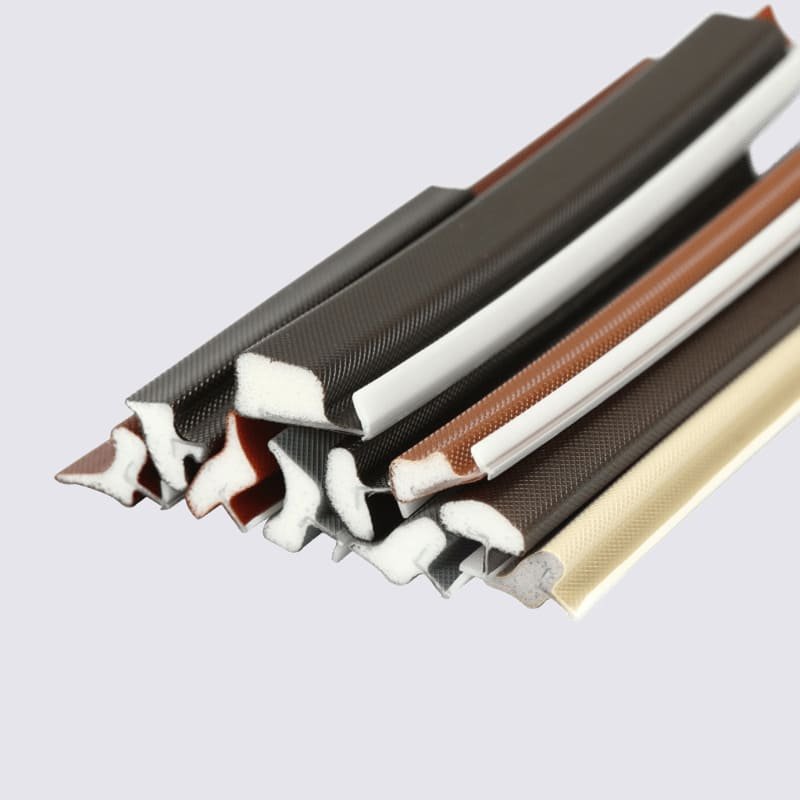1. Make a Mandrel’tool
The first step in making a silicone hose is to shape the mandrel tool into the shape of the silicone hose you want to make. Suiteáil an múnla ceart, put the prepared material into the mold, and do the same cycle according to the number of layers required by the customer.
The raw materials for making silicone hoses, such as silicone rubber, color pigments, reinforced fabrics, srl., are carefully selected.
2. Milling & Calendering
The silicone rubber compound and color pigments are mixed together in a mill. This process is called “milling” the machine presses the compound between rollers,
It is pressed into layers of silicone with uniform thickness. In order to meet the requirements of different properties such as strength and heat resistance of the silicone tube to adapt to different use environments and conditions, and to ensure the adhesion and compactness between the silicone and the cloth layer, it is necessary before the hose is formed. Wipe and glue the fabric and silicone rubber used
Now the material is ready for handmade silicone tube
3. Production of silicone hoses
the material must be cut into sheets for hose building
sheets are cut to specific sizes for each hose
A new sheet is required for each ply of reinforcement…
then stacked in a specific order, ready for the next stage…
this stage is called “tube rolling”
stacks are numbered for identification
our skilled builders must roll sheets with no overlaps
overlaps cause lumpy walls & uneven outer diameters.
every effort is made to avoid creases and air traps
each tube is made to the correct thickness & number of ply
tubes made earlier are carefully sleeved over the tools
the silicone inner liner adds protection at this stage
now we smooth out joins, and surface imperfections
more time and care are needed to set the tube onto the tool
The logos are prepared for application onto the hose
specialist grade tape is used on every hose…
this essential stage binds the silicone under pressure and heat…
and gives the hose its smooth glossy & even surface finish
4. High-temperature vulcanization&
Put the wrapped silicone hose in the oven for vulcanization to remove odor, sioc, and yellowing on the silicone hose.
5. Demoulding, glanadh
Wait for the hoses and tools to cool down, After demolding, check for problems during demolding while cleaning the release agent on the hose
6. Trimming & Inspection
Before trimming the hose, mark where the edge needs to be cut. Then use the machine to cut the edges for a perfect edge.
The trimmed silicone hose is sent for quality inspection. After meeting the inspection criteria。
the hose is now finished!
Then you can arrange the shipment to the customer.



